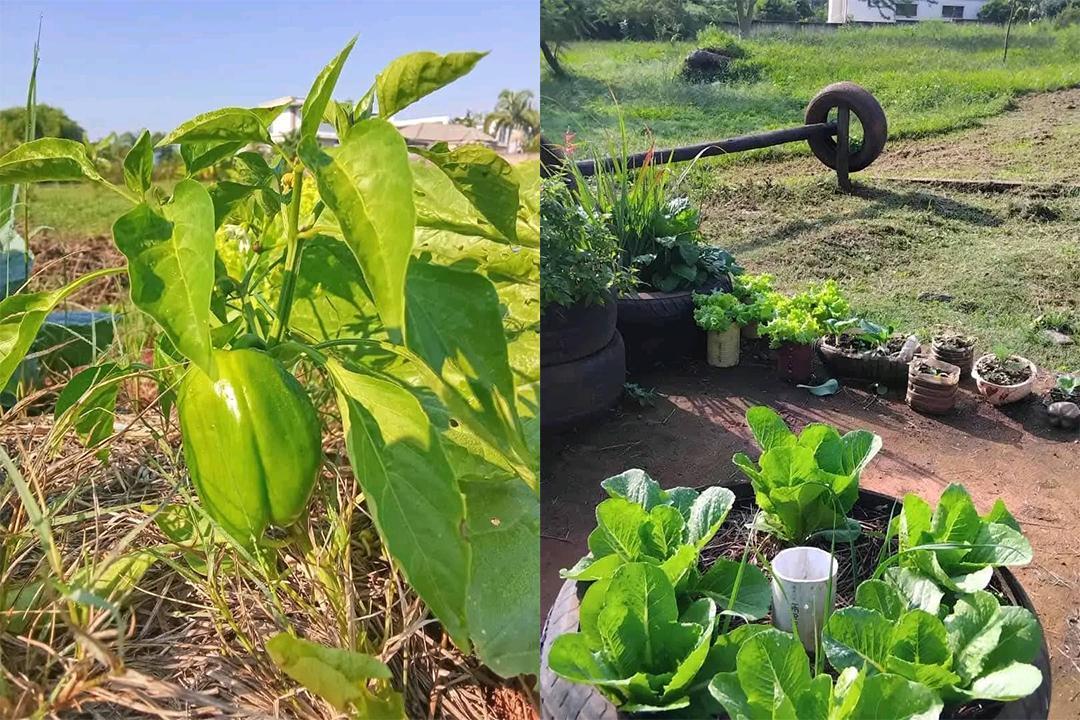Africa-Press – Eswatini. Eswatini will host its inaugural National Sustainable Agriculture Indaba on 23 to 24 September 2025 at the Mavuso Trade Centre, Hall No. 2, Manzini, bringing together over 300 stakeholders from the country and at least 15 African nations, including Uganda, Kenya, Tanzania, Ethiopia, Rwanda, Zambia, Malawi, Zimbabwe, South Africa, Lesotho, Botswana, the Democratic Republic of Congo, and Madagascar.
The event, organised by Participatory Ecological Land Use Management (PELUM) Eswatini, a national network of 20 civil society organisations and part of a 14 country African network of over 268 NGOs aims to create a vibrant multi stakeholder platform for dialogue, knowledge sharing, and actionable solutions in sustainable agriculture.
With the theme “Agroecology for Sustainable Food Systems and Climate Justice,” the Indaba will focus on addressing the challenges facing Eswatini’s agricultural sector. Agriculture contributes about 7% to the country’s GDP and is a key livelihood for 70% of the rural population. Yet, the sector has underperformed in recent years due to climate change, land degradation, biodiversity loss, limited market access, poor infrastructure, and over reliance on monocultures. Food insecurity remains a significant concern, particularly for rural communities.
Key objectives of the Indaba include:
Identifying practical solutions through workshops, technical sessions, and interactive activities to enhance sustainable agricultural practices aligned with Eswatini’s national development priorities and international commitments.
Promoting multi stakeholder collaboration among policymakers, farmers, agribusinesses, academia, civil society, and international organisations.
Showcasing indigenous seeds, agroecological innovations, and climate resilient practices through exhibitions, case studies, and presentations.
Facilitating policy discussions to identify legislative gaps and opportunities that support sustainable agriculture, seeds and food sovereignty, biodiversity, climate justice, and inclusion of youth and women.
Thematic areas of focus include:
Agroecology for climate action and justice
Farmer managed seed systems for seeds and food sovereignty
Youth, women, and indigenous communities in agroecology
Policy and financing for agroecology
Agroecology territorial markets
The Indaba will feature participatory workshops, technical presentations, exhibitions, indigenous seed and food fairs, and policy dialogues. Key outputs are expected to include a comprehensive report of proceedings, key messages from participants, policy briefs, and actionable recommendations for climate justice and sustainable agriculture in Eswatini.
Organisers say the Indaba will not only strengthen local food systems but also empower smallholder farmers with knowledge, resources, and technologies to adopt climate smart farming practices. It will provide opportunities for youth and women to actively engage in agriculture, while contributing to national strategies on climate adaptation, rural development, and food security.
For More News And Analysis About Eswatini Follow Africa-Press







